Last December 14-15, the EU's main policy-making body, the European Council of Heads of State and Government, failed to reach a decision on the money to Ukraine issue, necessitating an extraordinary meeting earlier this year. The main reason for needing a decision arose from the existing Ukraine aid framework running dry - although legally it can operate until December 2024 - and a significant shortfall in the Ukrainian budget," says the analysis put out by the Center for Fundamental Rights.
Center for Fundamental Rights: When Threats Fail, EU Summit Hammers Out Deal
After lengthy bouts of blackmailing by Brussels, the EU summit on February1 finally decided on the aid to Ukraine through negotiation. This is how EU politics is supposed to work, not by coercing member states into the desired position, but by understanding their misgivings and seeking solutions to them, writes the Center for Fundamental Rights. "This is the foundational principle of the European project, which was created not as an empire but as a partnership of equals, even if this approach is more arduous and time-consuming," the think tank writes in its analysis.
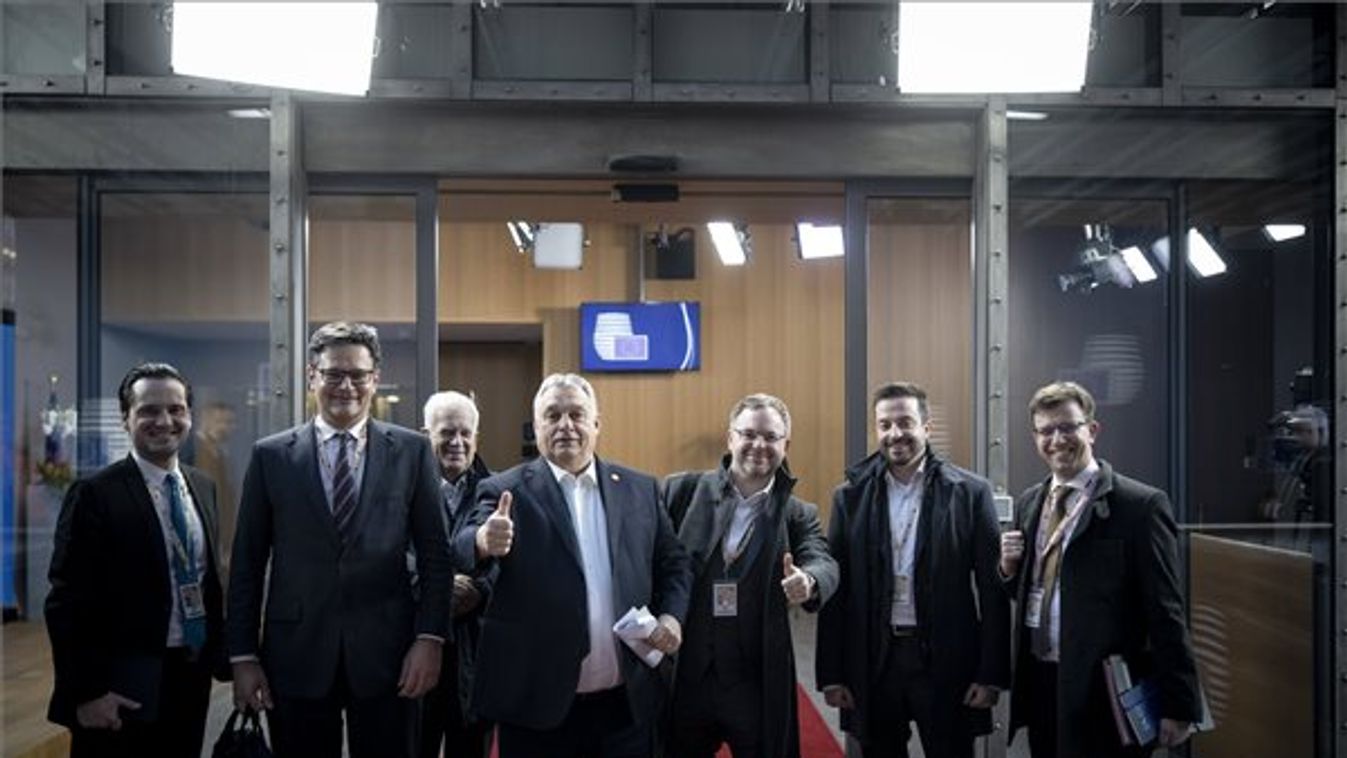
Brussels and the larger member states remained committed to financial support for Ukraine, but the Hungarian government criticized several aspects of the four-year €50 billion package, including the lack of adequate mechanisms to control spending and to halt aid if the international situation so requires. It is worth recalling that the Hungarian government has never opposed financial assistance to Ukraine in principle, but has had reservations about how it should be provided.
További IN ENGLISH híreink
According to the think tank's senior analyst Laszlo Dornfeld, Brussels first resorted to a familiar tool: it began threatening Hungary in various ways. On January28, four days before the summit, the Financial Times leaked an EU document that said if the Hungarian government continued to oppose an agreement on aid to Ukraine, it would destroy the country's economy by permanently withdrawing all EU support, including the funds already granted.
További IN ENGLISH híreink
"Viktor Orban did not call this a blackmail manual by accident," the Center for Fundamental Rights writes.
This was followed by a barrage of threats through the international press and the dollar media, including the Article 7 procedure of withdrawing Hungarian voting rights, and the idea of omitting the Hungarian Presidency of the Council and substituting it with the next country in the rotation: Poland, led by Donald Tusk. It appears that taking over public media with thugs and holding elected representatives in captivity on political grounds is less of a crime in Brussels' eyes than standing up for national interests.
Tusk also did his part, sending a message to Viktor Orban before the summit, saying that he could neither understand nor accept the Hungarian position, and that there was no room for compromise.
Where blackmail didn't produce desired outcomes, dialogue has: Hungary has received the guarantees it lacked before. The money that has so far been withheld but that we are legally entitled to will not be used to support Ukraine. The Hungarian government will be able to use it for the benefit of the country and its people after the subsequent agreement.
A further guarantee was also gained: the EU agreement's final text also includes a regular oversight mechanism, as opposed to the initial version in which member states had no control over the use of the €50 billion to Ukraine. This will allow the European Council to examine and advise on the spending of the money on an annual basis and to ask the Commission for a full review of the aid given at the mid-point," the analysis reads.
At the end of the text, an additional point was included in which the European Council drew attention to its own conclusions from 2020 on the rule of law conditionality procedure.
This in essence suggests that Hungary's concerns have been formally registered regarding the implementation of what was originally created as a professional substance-based procedure, increasingly being wielded as a political weapon against the country by the Commission and the European Parliament in particular. Even though the final decision on this issue rests with the member states, it was worth reminding the Brussels bureaucracy of this fact.
The statement bears no concrete consequences, however it may, nevertheless, serve to caution the increasingly aggressive and arrogant federalists targeting our country, adds the Center for Fundamental Rights.
Cover photo: Prime Minister Viktor Orban (center) with the Hungarian delegation following the extraordinary summit of the EU Council in Brussels on February 1, 2024 (Photo: MTI/Prime Minister's Press Office/Zoltan Fischer)
Komment
Összesen 0 komment
A kommentek nem szerkesztett tartalmak, tartalmuk a szerzőjük álláspontját tükrözi. Mielőtt hozzászólna, kérjük, olvassa el a kommentszabályzatot.
A téma legfrissebb hírei
Tovább az összes cikkhez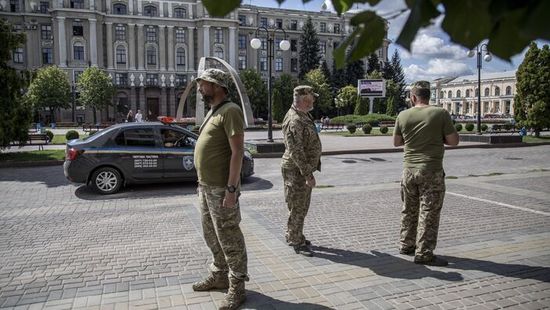
Last Words of a Forcibly Conscripted Man to His Mother: “Mom, I Do Not Know When I Can Call You...”
Tragic details have emerged about the death of a Hungarian man.

Majority of Hungarians Consider Viktor Orban the Most Suitable Prime Minister
The disadvantage is insurmountable for Peter Magyar, according to Nezopont Institute’s opinion poll.
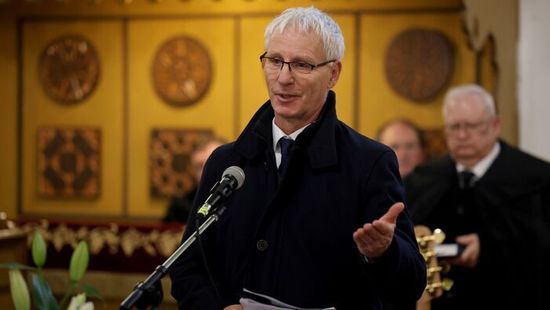
State Secretary: Christianity Can Provide Answers to Lack of Peace
Az államtitkár szerint ezért is fontos az egyházak támogatása.
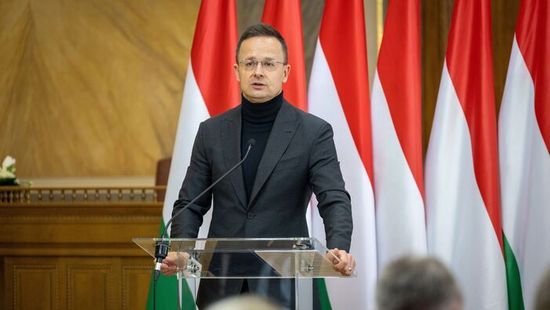
Hungary FM: What the European Union Is Doing Regarding the War Is Extremely Dangerous
"We are absolutely not happy with the policy of the European Union on the war," Hungary's Foreign Minister emphasized.
Ne maradjon le a Magyar Nemzet legjobb írásairól, olvassa őket minden nap!
- Iratkozzon fel hírlevelünkre
- Csatlakozzon hozzánk Facebookon és Twitteren
- Kövesse csatornáinkat Instagrammon, Videán, YouTube-on és RSS-en

Címoldalról ajánljuk
Tovább az összes cikkhez
Last Words of a Forcibly Conscripted Man to His Mother: “Mom, I Do Not Know When I Can Call You...”
Tragic details have emerged about the death of a Hungarian man.

Majority of Hungarians Consider Viktor Orban the Most Suitable Prime Minister
The disadvantage is insurmountable for Peter Magyar, according to Nezopont Institute’s opinion poll.

State Secretary: Christianity Can Provide Answers to Lack of Peace
Az államtitkár szerint ezért is fontos az egyházak támogatása.

Hungary FM: What the European Union Is Doing Regarding the War Is Extremely Dangerous
"We are absolutely not happy with the policy of the European Union on the war," Hungary's Foreign Minister emphasized.
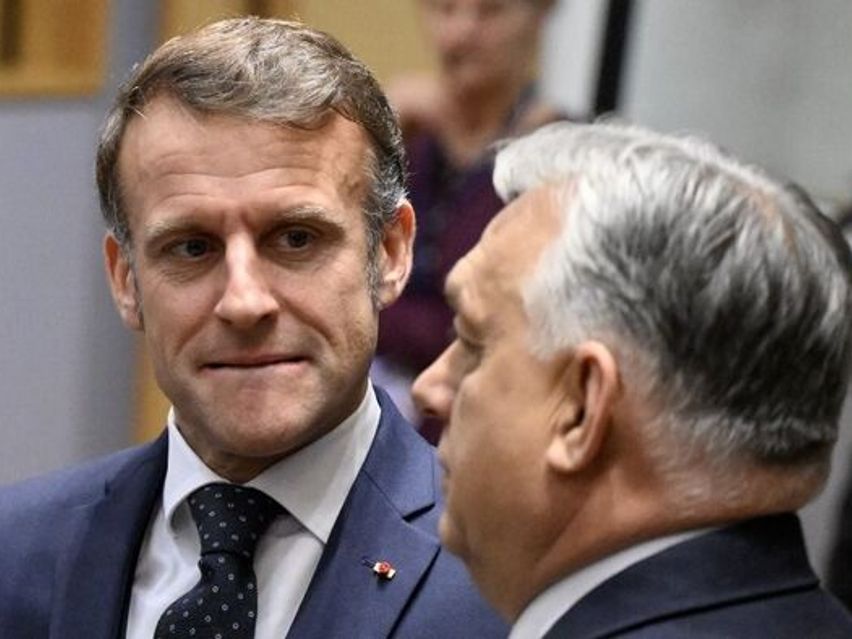




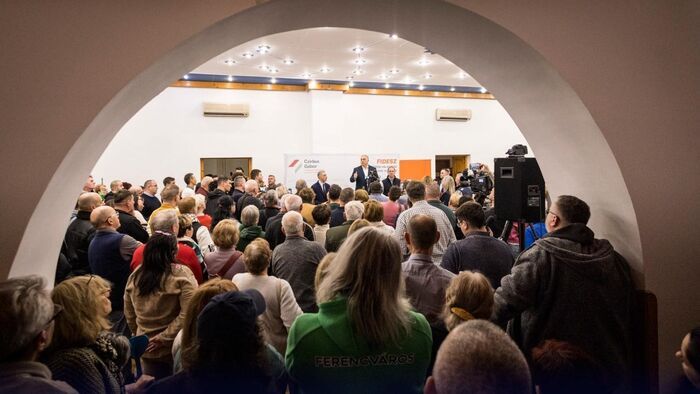

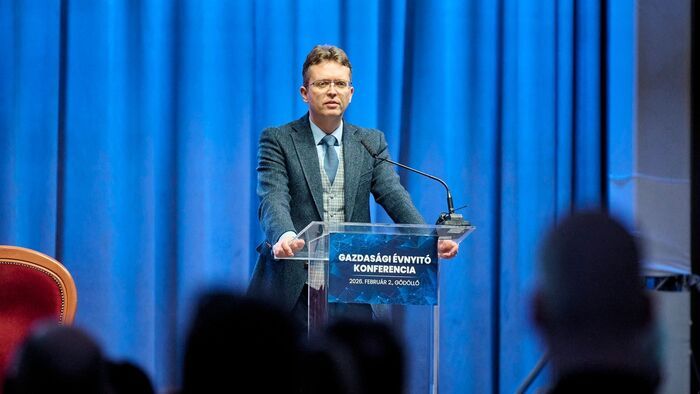
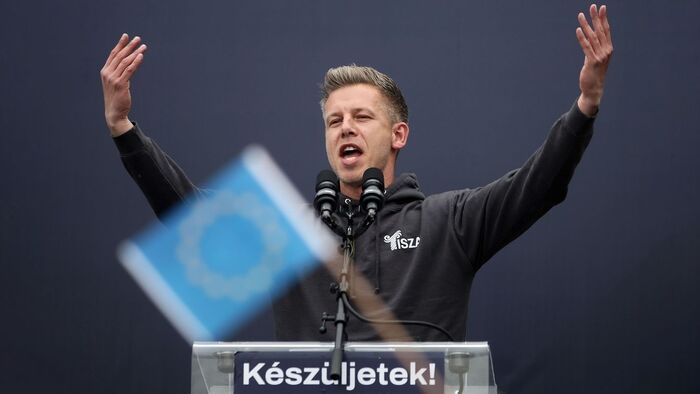
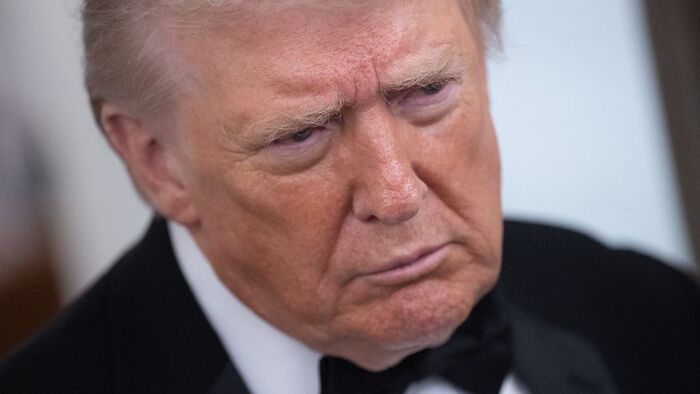
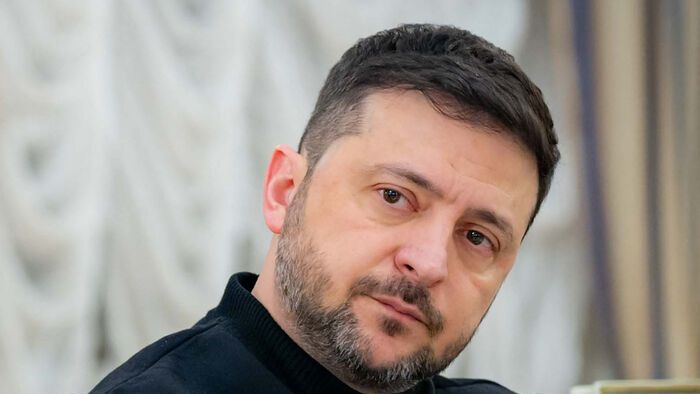
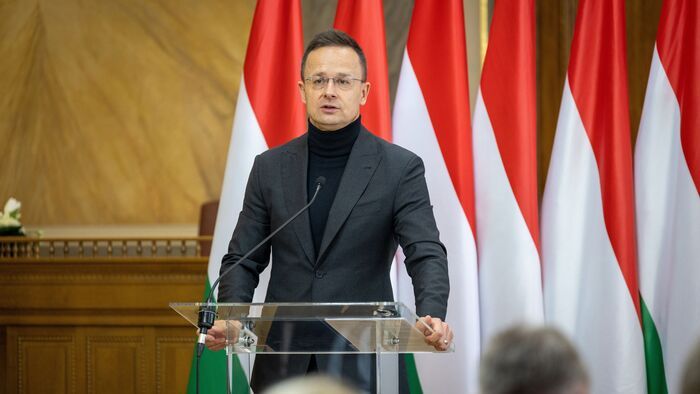



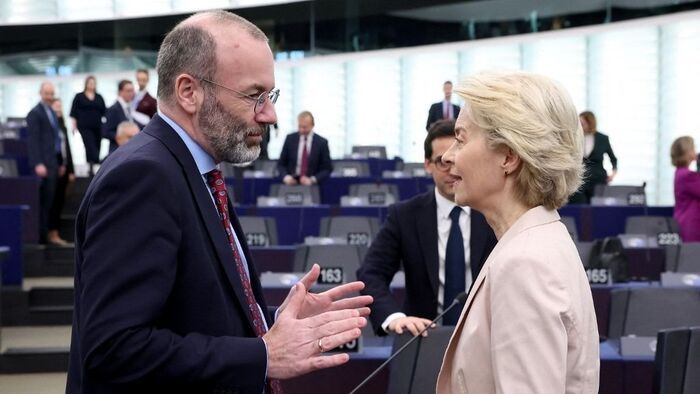

Szóljon hozzá!
Jelenleg csak a hozzászólások egy kis részét látja. Hozzászóláshoz és a további kommentek megtekintéséhez lépjen be, vagy regisztráljon!